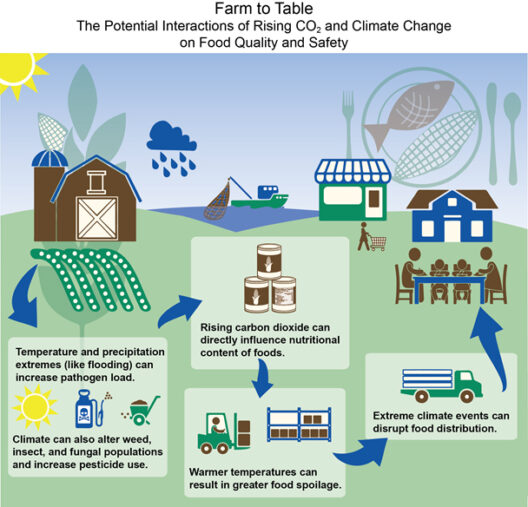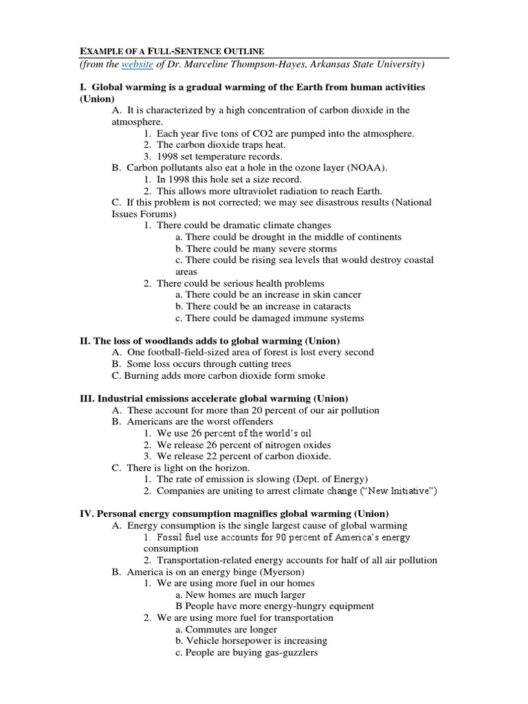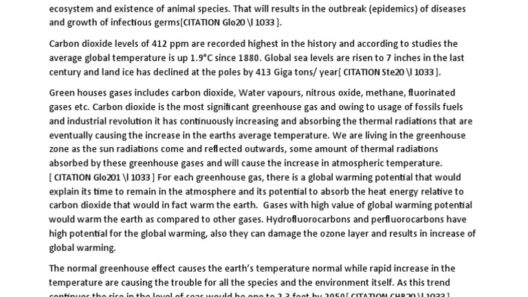As the world grapples with the urgent consequences of climate change, the debate surrounding energy sources has never been more crucial. One of the primary discussions centers on which energy sources contribute least to global warming. Understanding this can empower us to make more informed choices about our energy consumption and hasten the transition to sustainable practices. This article delves into the various energy sources available today, assessing their environmental impacts and sustainability profiles.
In contemporary discourse, energy sources typically bifurcate into fossil fuels, nuclear energy, and renewables. The latter includes solar, wind, hydro, and geothermal sources, which are increasingly positioned as the most viable alternatives amidst the climate crisis.
To understand which energy source contributes least to global warming, it is paramount to evaluate the lifecycle emissions associated with each category, encompassing everything from extraction and production to utilization and disposal. The aim here is to present a clearer picture of the sustainability and viability of various energy alternatives.
Let’s explore the prominent energy sources and their contributions to greenhouse gases.
Renewable Energy: The Vanguard of Sustainability
Renewable energy sources are often touted as the antidote to the world’s escalating carbon footprint. Among these, solar and wind energy stand out for their minimal emissions during operation.
Solar energy harnesses sunlight through photovoltaic cells, which convert sunlight directly into electricity. The energy generation process emits no greenhouse gases; however, manufacturing solar panels involves some emissions. Nevertheless, the net emissions throughout the lifespan of solar panels remain significantly lower than fossil fuels.
Wind energy operates on a similar premise. Wind turbines capture kinetic energy from wind and convert it into electrical energy. Like solar, the operational phase emits no relevant greenhouse gases. Though some emissions stem from manufacturing and installation, the overall environmental impact is substantially less than reliance on coal or natural gas.
The promise of renewable energy sources extends beyond their current applications. With advancements in technology and increasing investments in infrastructure, the efficiency and capacity of solar and wind energy are projected to grow exponentially in the coming decades. Countries worldwide are recognizing the economic and environmental benefits of transitioning to renewables, leading to policies that favor cleaner energy sources and emission reductions.
Hydropower: The Age-Old Yet Sustainable Choice
Hydropower, another significant renewable source, leverages the force of flowing water to generate electricity. Traditional hydropower facilities can have some ecological drawbacks, particularly concerning aquatic ecosystems, yet projects employing small-scale or run-of-the-river technologies minimize such impacts while producing clean energy.
Similar to solar and wind, hydropower has a remarkably low carbon footprint during operation. However, the construction of large dams can produce emissions due to land use changes and sedimentation. Innovations like tidal and wave energy further enrich the hydropower landscape, offering oceanic alternatives without extensive environmental degradation.
Nuclear Energy: A Low-Emission but Controversial Option
Nuclear energy is frequently considered a low-carbon energy source, thanks to its minimal greenhouse gas emissions during electricity generation. It holds a significant potential role in the equation for combating climate change. Nuclear fission generates immense energy while releasing negligible immediate emissions. However, the long-lived radioactive waste produced presents a multifaceted challenge.
The safety concerns surrounding nuclear plants, highlighted by historical incidents, create public resistance. The integration of advanced technologies and better safety protocols may mitigate these fears, making nuclear energy a potential part of a diverse energy portfolio aimed at reducing global warming impacts.
Fossil Fuels: The Lethargic Giants
Conversely, fossil fuels—coal, oil, and natural gas—are notorious for their excessive greenhouse gas emissions. The combustion of fossil fuels for electricity and transportation contributes significantly to carbon dioxide and methane, both potent contributors to global warming.
As countries strive to meet climate goals, transitioning away from fossil fuels is imperative. While natural gas produces fewer emissions than coal and oil, it still contributes to greenhouse gas emissions. Moreover, the extraction processes—especially hydraulic fracturing—often result in methane leaks, undermining the perceived benefits of natural gas.
Given the overwhelming ecological ramifications, investing in and transitioning to renewable energy sources appears to be a prerequisite for tackling climate change effectively. The interplay of societal will, technological advancement, and economic incentive will define this transition.
The Road Ahead: A Holistic Approach to Energy Consumption
As we deliberate over energy choices, we must adopt a holistic framework engaging not just technology but also behavior. Energy efficiency, demand-side management, and lifestyle changes can reduce overall energy consumption, amplifying the benefits of cleaner energy sources.
Inclusion of policies incentivizing renewable investments, along with public awareness campaigns about energy conservation practices, will collectively contribute to a more sustainable energy landscape. The urgency of global warming mandates immediate action, fostering a synergy between innovative energy technologies and responsible consumption.
The exploration of energy sources that contribute least to global warming unveils a path forward that is not only achievable but critical. As renewables emerge as frontrunners, their advancement aligns with global initiatives aimed at curtailing carbon emissions and preserving the environment for future generations. The pursuit of a sustainable energy future rests in our collective hands, beckoning us to embrace change and commit to responsible energy practices.







